To tackle the climate crisis, greenhouse gas emissions from fossil sources must be stopped, and biobased chemicals and materials must be promoted. This requires a transformation from a petroleum-based economy to a bioeconomy. In the chemical industry, this shift has been referred to as "Green Chemistry" since the 1990s, but only a small fraction of chemicals are currently biobased. This dissertation examines, using the example of a lignocellulose biorefinery that produces platform chemicals like hydroxymethylfurfural (HMF) from Miscanthus, the obstacles to its implementation. A major challenge is the "valley of death," caused by a lack of investment in technology transfer from research to practice. Using business design and literature studies, it is shown that commercialization fails due to a lack of evidence for scalability, economic viability, and sustainability. The study tests the lignocellulose biorefinery concept for scalability and feasibility. Simulations demonstrate scalability. A techno-economic analysis (TEA) considers the necessary biomass supply and refutes concerns about biomass availability. The work also addresses the economic viability of the products. A value-based pricing model shows how higher prices for biobased chemicals can be justified. The environmental sustainability is evaluated through a life cycle assessment (LCA), which identifies Miscanthus as more advantageous compared to fructose. By integrating transdisciplinary methodologies, including process engineering, chemistry, agricultural sciences, economics, and innovation management, a comprehensive concept for a biorefinery is developed. This provides a foundation for attracting investors and partners and bringing innovative technologies into practice.
Bitte wählen Sie Ihr Anliegen aus.
Rechnungen
Retourenschein anfordern
Bestellstatus
Storno


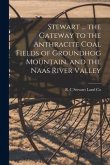
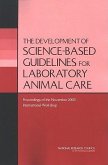

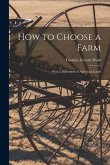
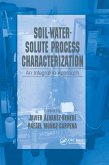
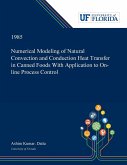
![What I Know of Farming [microform]: a Series of Brief and Plain Expositions of Practical Agriculture as an Art Based Upon Science What I Know of Farming [microform]: a Series of Brief and Plain Expositions of Practical Agriculture as an Art Based Upon Science](https://bilder.buecher.de/produkte/64/64369/64369574m.jpg)